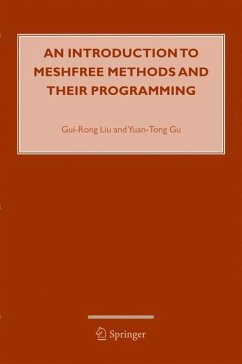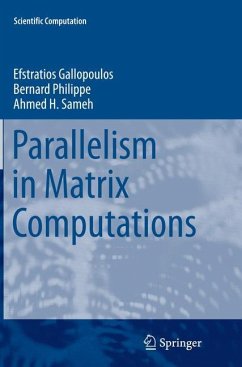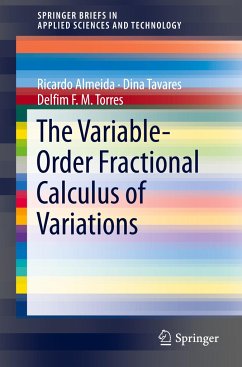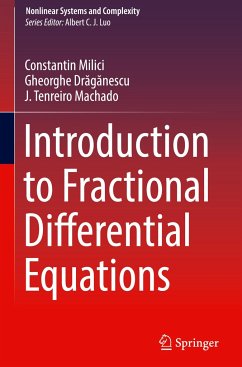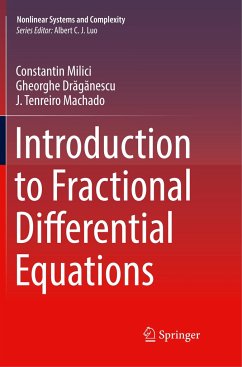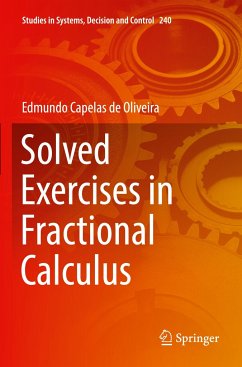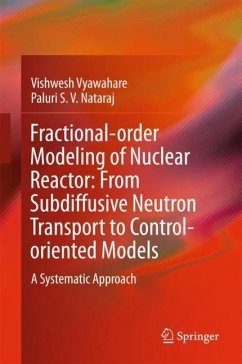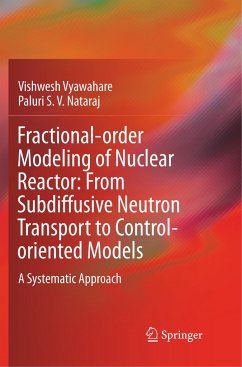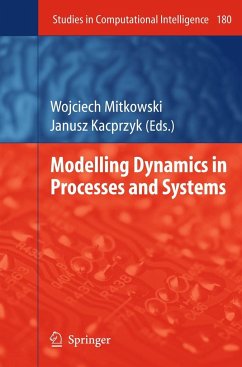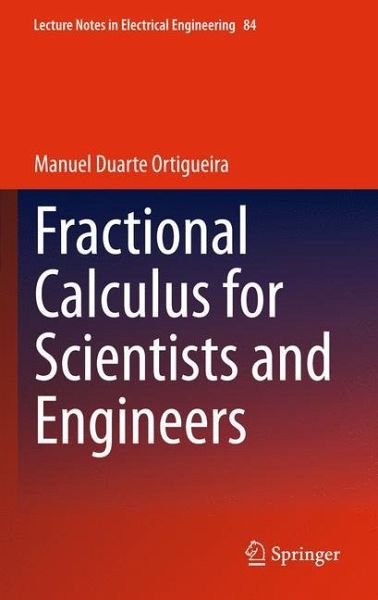
Fractional Calculus for Scientists and Engineers
Versandkostenfrei!
Versandfertig in 6-10 Tagen
76,99 €
inkl. MwSt.
Weitere Ausgaben:

PAYBACK Punkte
38 °P sammeln!
In recent years fractional calculus has been rediscovered by scientists and engineers and applied in an increasing number of fields, such as electromagnetism, control engineering, and signal processing. The increase in the number of physical and engineering processes that are best described by fractional differential equations has motivated its study.This book gives a practical overview of Fractional Calculus as it relates to Signal Processing. It is designed to be accessible by Scientists and Engineers mainly interested in applications, who do not want to spend too much time and effort to acc...
In recent years fractional calculus has been rediscovered by scientists and engineers and applied in an increasing number of fields, such as electromagnetism, control engineering, and signal processing. The increase in the number of physical and engineering processes that are best described by fractional differential equations has motivated its study.
This book gives a practical overview of Fractional Calculus as it relates to Signal Processing. It is designed to be accessible by Scientists and Engineers mainly interested in applications, who do not want to spend too much time and effort to access to the main Fractional Calculus features and tools. Readers can benefit from the attempt to present a Fractional Calculus foundation based of the Gr nwald-Letnikov derivative, because it exhibits great coherence allowing deduction from it the other derivatives, which appear as a consequence of the Gr nwald-Letnikov derivative properties and not as a prescription.
This book gives a practical overview of Fractional Calculus as it relates to Signal Processing. It is designed to be accessible by Scientists and Engineers mainly interested in applications, who do not want to spend too much time and effort to access to the main Fractional Calculus features and tools. Readers can benefit from the attempt to present a Fractional Calculus foundation based of the Gr nwald-Letnikov derivative, because it exhibits great coherence allowing deduction from it the other derivatives, which appear as a consequence of the Gr nwald-Letnikov derivative properties and not as a prescription.





